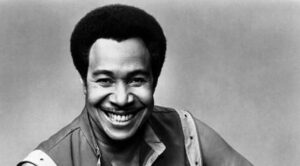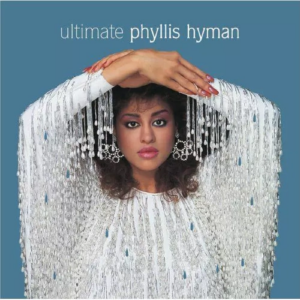(August 11, 2016) 2015 was the year of the music lawsuit, and perhaps the most famous was the suit from Marvin Gaye’s heirs claiming that Robin Thicke’s “Blurred Lines” misappropriated large parts of Gaye’s 1977 hit, “Got To Give It Up.” Well, another hit song is in the crosshairs in a new suit brought by the estate of Marvin Gaye co-writer Ed Townsend. It claims that pop singer-songwriter Ed Sheeran’s beautiful #1 hit, “Thinking Out Loud” is actually Gaye’s beautiful “Let’s Get It On” redux.
 In these lawsuits there is always the struggle of finding justice, keeping in mind the broad misappropriation of black music that took place in the 20th Century, but with the recognition that there are not an infinite number of musical chords, and, well, songs will have some innocent similarities now and then.
In these lawsuits there is always the struggle of finding justice, keeping in mind the broad misappropriation of black music that took place in the 20th Century, but with the recognition that there are not an infinite number of musical chords, and, well, songs will have some innocent similarities now and then.
So let’s listen to these one by one. Here’s Sheeran’s “Thinking Out Loud” (sorry to distract you with the very popular video, which has now been watched over a billion times on YouTube):
And now, of course, here is the legendary Gaye song:
Okay, at this point, we were saying “Nah,” not worth suing about. But…in a rather incendiary article in The Daily Beast, writer Amy Zimmerman uses the following medley of the two songs performed by the artist Kha as “Exhibit A” in her claim that this was misappropriation.
While that medley does make your eyebrow go up, and the chord progressions certainly bear some similarity, it seems that it is the presentation that gives the impression of more similarity than what really exists. Remember when Jimmy Fallon made every hit pop song of the 80s sound like MC Hammer’s “You Can’t Touch This?”
Okay, that’s a bit of a joke, but this lawsuit isn’t. In the end, our fear of stifling new artist creativity outweighs our desire to parse every song to see if it bears resemblance to a song of the past. This one certainly isn’t an obvious situation like “Blurred Lines,” or even “Uptown Funk,” and we think the suit by Townsend’s heirs is a bit of a stretch. It is also another not-so-encouraging sign of things to come, in the area of music litigation. What do you think?









